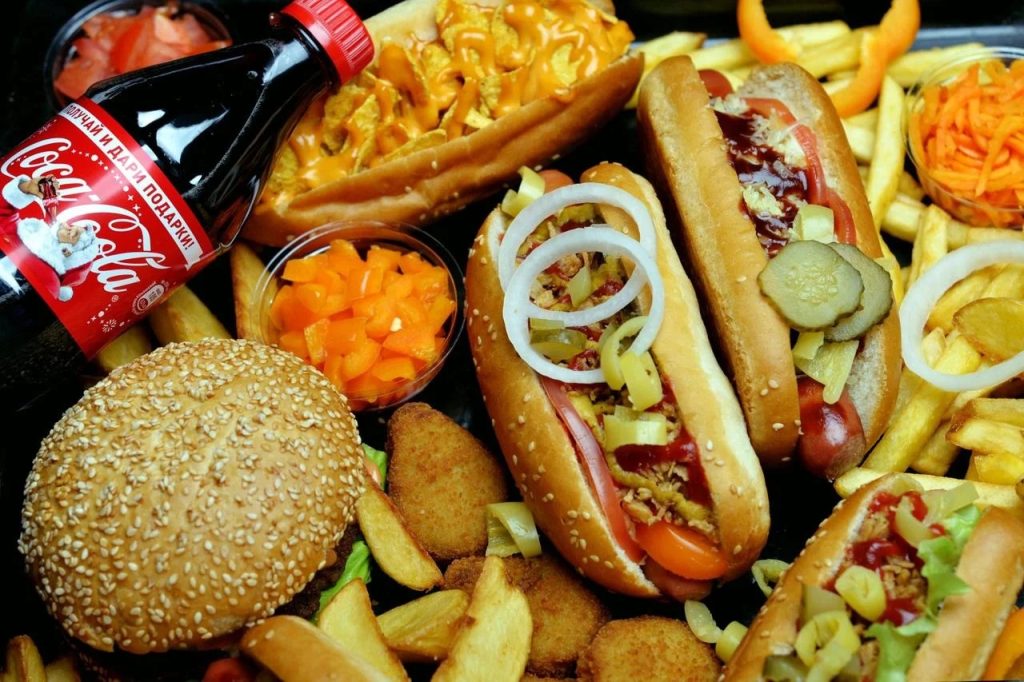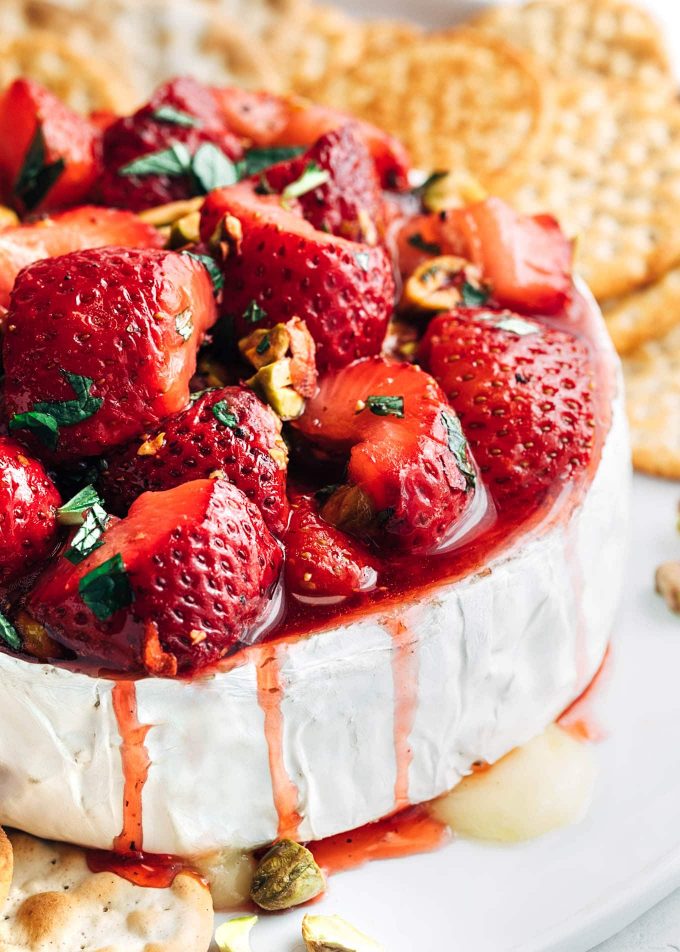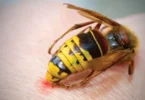The worst diet for varicose veins
Fast food

Most types of fast foods contain high amounts of trans fats and sodium. While you don’t need to cut them out of your diet completely, we’d strongly recommend only eating them a couple of times a week as a treat.
- Trans fats increase your cholesterol levels. Over time, high cholesterol causes plaque to build up in the arteries, which slows your circulation. And the slower your circulation is, the more difficult it will be for your body to move blood out of the congested varicose vein, potentially worsening symptoms. Poor circulation can also increase your risk of varicose vein-related skin problems like varicose eczema, as the skin tissues don’t get the oxygen and nutrients they need to stay healthy.
- Sodium, meanwhile, increases water retention and makes the blood thicker and harder to move through the veins. Hence, it can worsen swelling and further impact your circulation.
Processed meats
Sausage, bacon, and deli meats like prosciutto and salami are also high in sodium. Again, you don’t have to stop eating them. Just be mindful not to eat them too frequently, opt for lower-salt alternatives when you can, and balance them out with antioxidant-rich foods and drinking plenty of water.
Alcohol
A couple of glasses of wine is fine. But the higher your blood alcohol level is, the more sluggish your circulation becomes. If you want to have a few drinks, make sure you’re also getting enough water to balance it out.
In short
Make sure to get plenty of fibre and vitamins C, D, and E and cut down on trans fats, salt and alcohol. These changes will help reduce the stress on your varicose veins and help keep healthy veins strong. Keep in mind that you don’t have to cut out “bad” foods completely; it’s all about moderation and balance. And of course, you can (in most cases) substitute good food with an alternative if you don’t particularly like them or they don’t fit with your diet (keto, vegan, etc.).
If you’re experiencing swelling, itching, fatigue, and pain as a result of your varicose veins, it may be time to seek specialist advice.






